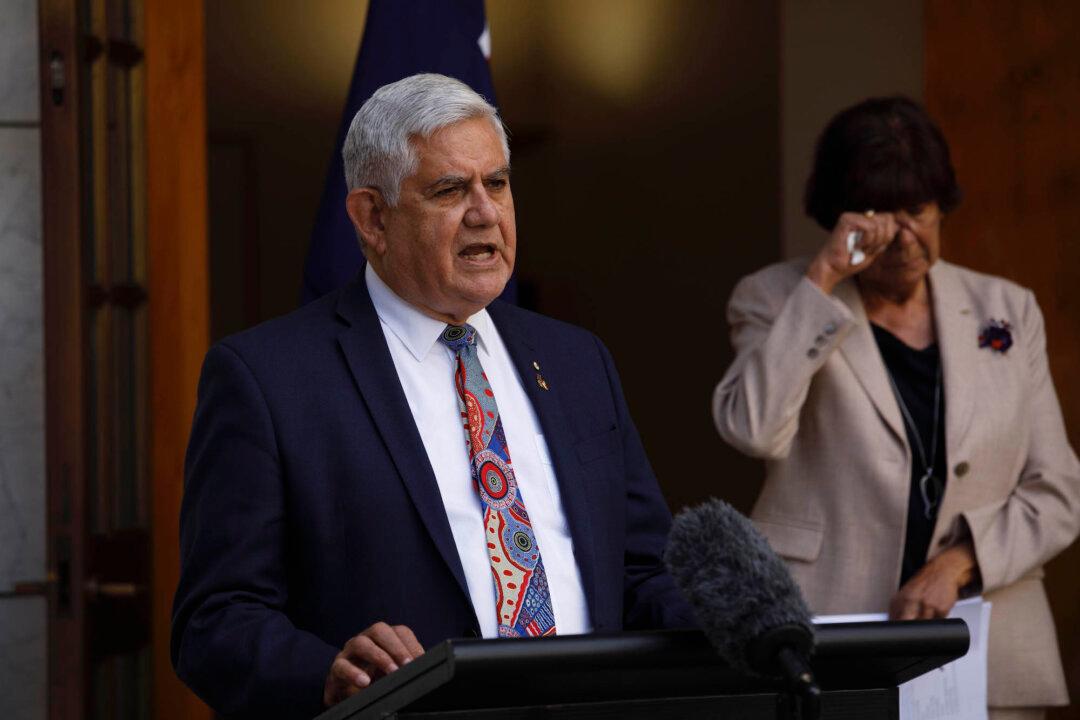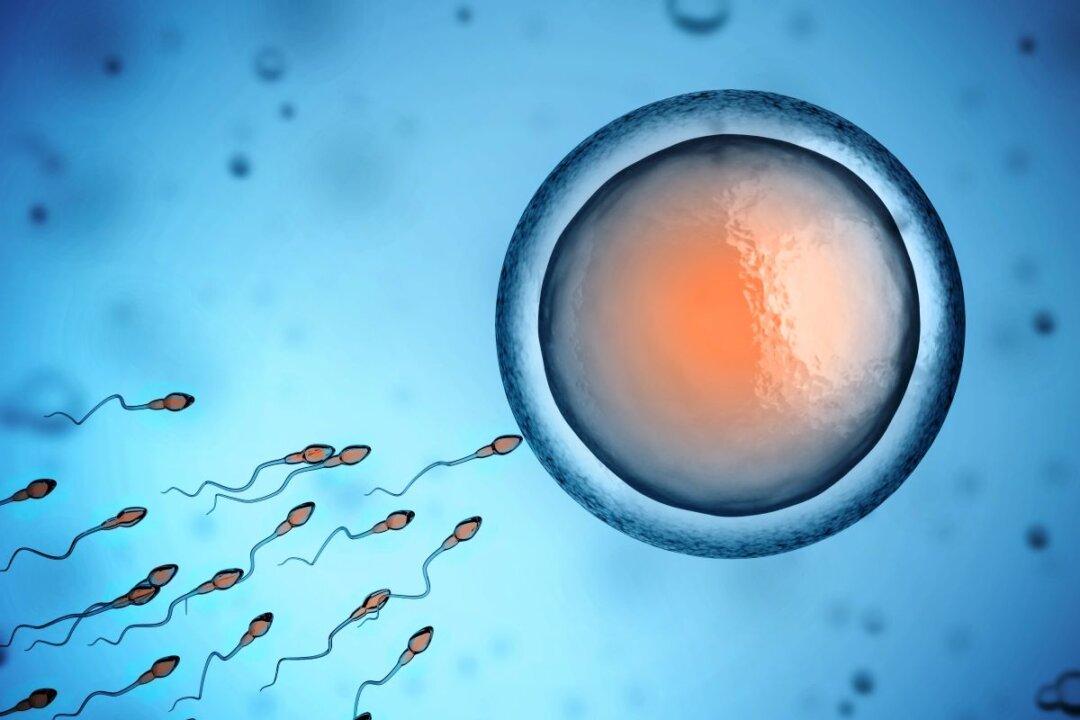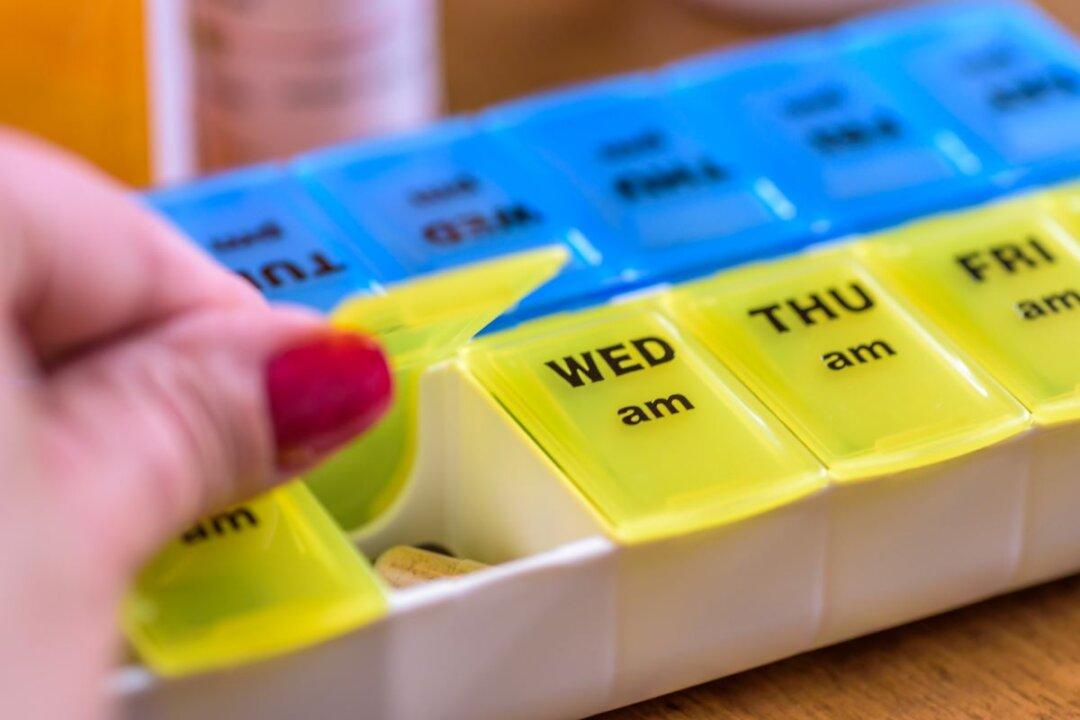Indigenous Australians will see a significant boost from the Morrison government’s 2022-23 Budget after Treasurer Josh Frydenberg announced a substantial raft of indigenous portfolio measures to empower Aboriginal and Torres Strait Islander people economically.
These measures will include creating more jobs and wealth-building programs and elevating Indigenous voices across Australia.





